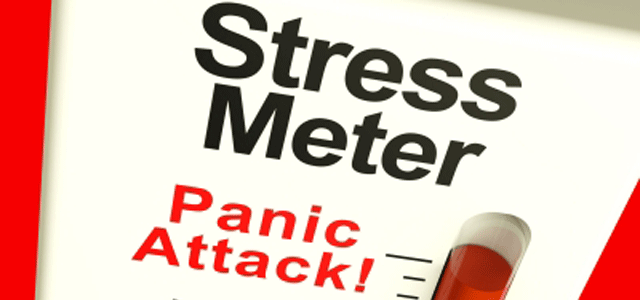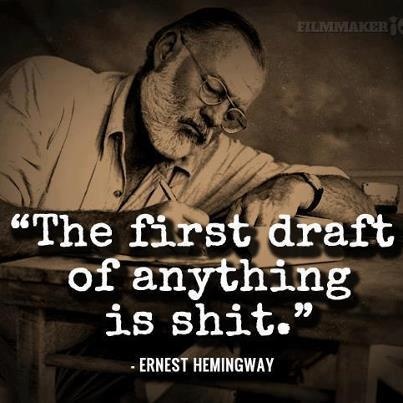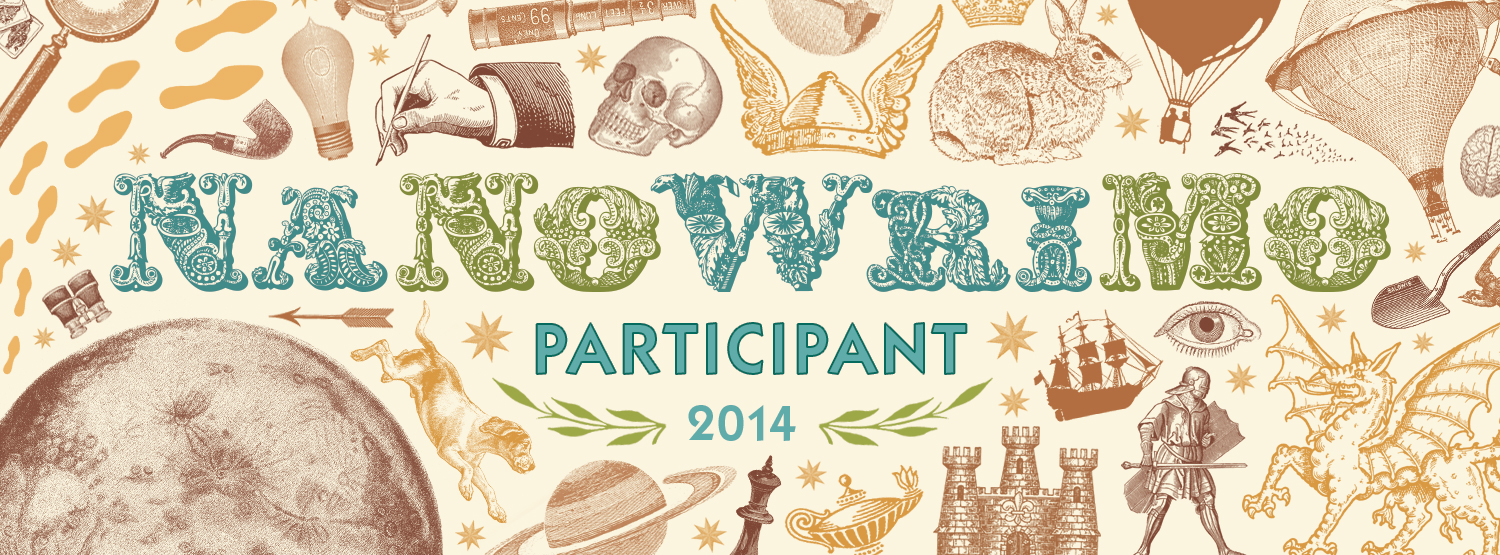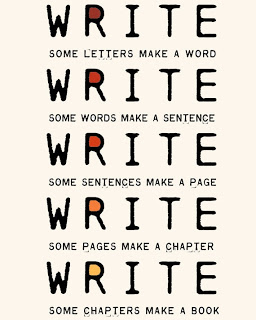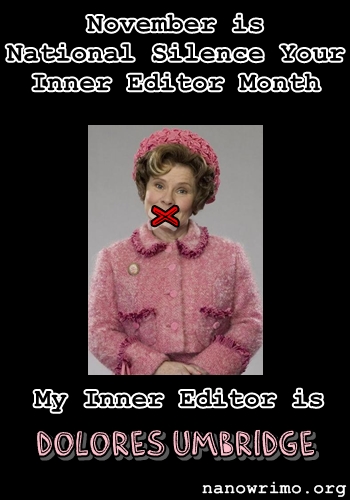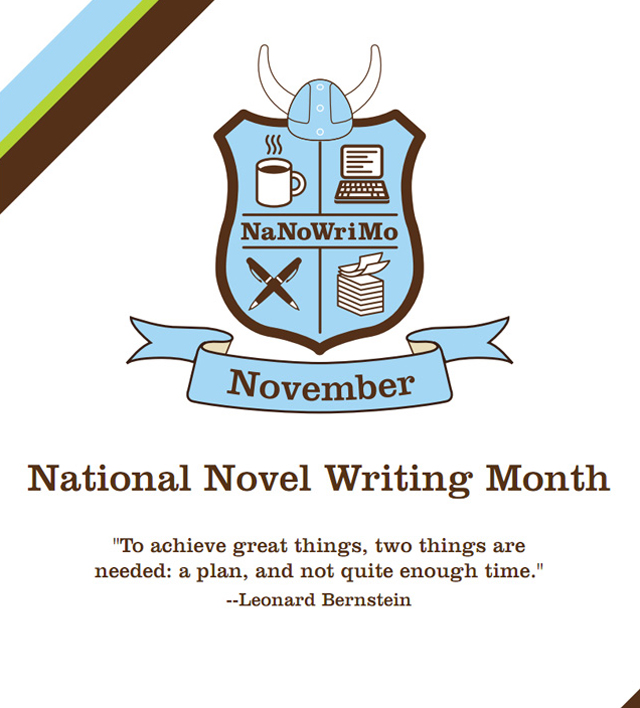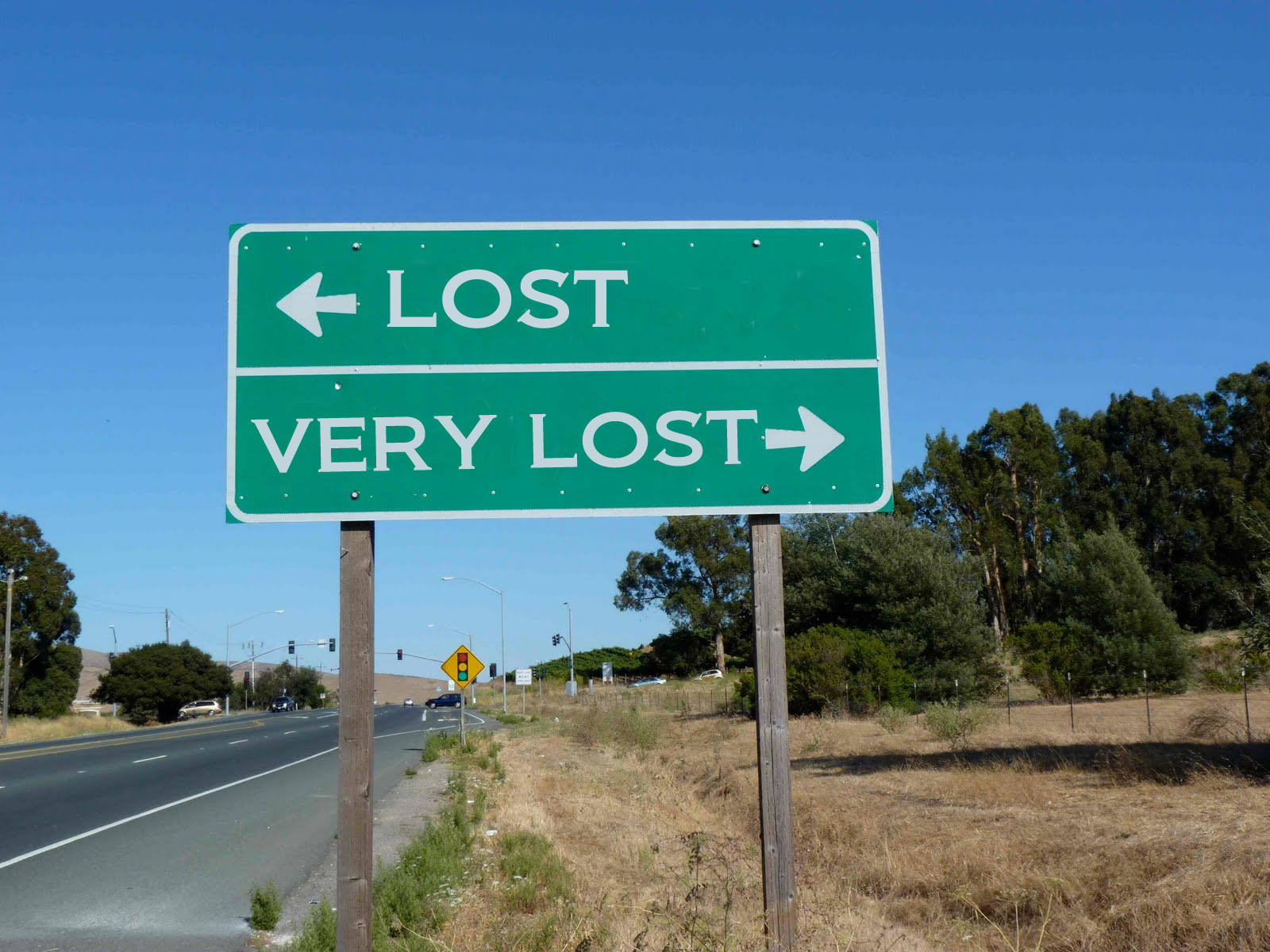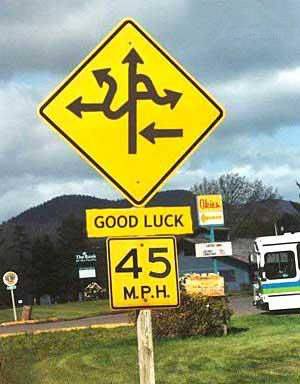We have officially rounded the bend on this year’s NaNo challenge. It’s all downhill from now on. Some of you might be doing great and rushing through that word count with the finish line getting closer and closer at NASCAR speed. But for some, this is the most treacherous part of the journey, when the fatigue sets up and motivation flags down.
You have been plodding along, struggling to meet your word count for over two weeks now. Sometimes you were successful, sometimes not so much. And if you are behind on your word count for some reason, the realization that the number of days you have to catch up is limited can be extremely demotivating.
Or you could be experiencing another symptom: you suddenly feel like what you wrote is utter useless crap. Your writing is flat, your characters are not interesting, or worse, your story is not worth telling. I know that feeling. I’ve experienced it last year. I even wrote a panicked post about it. It got so bad that I was about to toss everything into the trash and call it quits.
My NaNo novel and my writing career was saved by one of my writing buddies who told me that this feeling was totally normal, and that all writers experience it at one point or another of their first draft. She also send me the link to a pep talk Neil Gaiman wrote for NaNoWriMo back in 2007 and told me to read it before I did anything drastic like pressing DELETE on my computer and tossing my writing dreams out of the window.
I read Neil’s pep talk and I found it very motivating. The words that resonated with me the most were these:
That’s how novels get written.
You write. That’s the hard bit that nobody sees. You write on the good days and you write on the lousy days. Like a shark, you have to keep moving forward or you die. Writing may or may not be your salvation; it might or might not be your destiny. But that does not matter. What matters right now are the words, one after another. Find the next word. Write it down. Repeat. Repeat. Repeat.
So I gritted my teeth and kept on writing, no matter how much I hated my manuscript by that point. And you know what? It got better. I wrote a few scenes I thought were rather good; I got excited about my story; the characters started speaking to me again; and I managed to get to the finish line. The result was the first draft Of Broken Things, which is far from being perfect and still needs a ton of editing, but at least it’s finished.
So I want to do the same thing my writing buddy did for me last year and motivate you today. If you feel like tossing your novel into the trash and giving up – don’t. Go read through the wonderful pep talks we have on the NaNoWriMo site. Talk to your writing buddies and ask for support. Stop by the forums and share your doubts. But more importantly, stick around for a day or two more, write a few more words, start that scene you had been looking forward to write, even if it doesn’t happen until several chapters later. Or introduce a brand new character, or lead your story in a completely different direction.
I am convinced that you will get your mojo back and actually looking forward to the few days we have left before the end of November and NaNoWriMo.
And finally, let me leave you with this post by Chuck Wendig called On the Detestation of your Manuscript: an Expedition into the Dark, Tumultuous Heart of Authorial Self-Hatred. Be warned that Chuck uses a lot of naughty language, but his stuff is usually very funny and motivating.
And with that, write on, wrimos!


